Description
L- Lysine HCL is one of the most widely used amino acid in feed additive / formulation industries. It is an essential amino acid synthesized by the action of specially characterized halophilic bacteria “Carynebactrium Glutamicum” on starch raw materials derived from vegetables / corn for the diets of swine, poultry and most other animal species. L – Lysine HCL is frequently the first limiting amino acid in many of the additives commonly included in swine and poultry feeds. A nutritional supplement having light yellow granular particles containing the biologically active L-isomer of the essential amino acid lysine, with potential anti-mucositis activity. L-Lysine is a primary contributor to protein synthesis, making it essential for muscle development and overall growth in animals. When included in animal diets, it ensures that the protein-building processes are operating at their peak, promoting muscle growth and overall health.
L-Lysine supplementation has been shown to improve the efficiency of feed conversion in animals. This can lead to reduced feed costs and less environmental impact while maintaining or even increasing animal productivity.
Applications & Uses
- For broilers : Leads to an increase in feed consumption and in body weight. Also an improvement in feed conversion and in meat quality
- For layers : An improvement in feed conversion, egg production, the duration of the laying period, no. of eggs, egg weight, egg shell stability and the color of the yolk
-
- For turkeys : An increase in feed consumption and in body weight, and an improvement of feed conversion and in meat quality
- For piglets and pigs : An increase in feed consumption and in body weight, and an improvement in feed conversion and nitrogen retention. Its use in pigs allows an improvement of the meat quality.
- For diary cows : It allows an improvement in feed conversion, ruminal fermentation process, protein utilization efficacy, milk production and the content of milk constituents, protein and fat.
- L-Lysine also plays a role in supporting the immune system and overall health of animals. By ensuring animals receive adequate L-Lysine, their resistance to diseases and environmental stressors may be enhanced. When animals receive the necessary L-Lysine supplementation, they are more likely to achieve and maintain healthy weight, which is especially important for livestock and poultry production.
- Lysine is added to feed rations for poultry, dairy cows, pigs and fish, especially when levels from other protein sources such as soybean meal and corn are insufficient.
- As an amino acid involved in protein synthesis, it helps optimize animal growth or increase milk production. It also strengthens the animals’ immunity.
- In addition, Lysine in feed reduces the severity, duration of treatment and recurrence of herpes in animals. Industrially produced


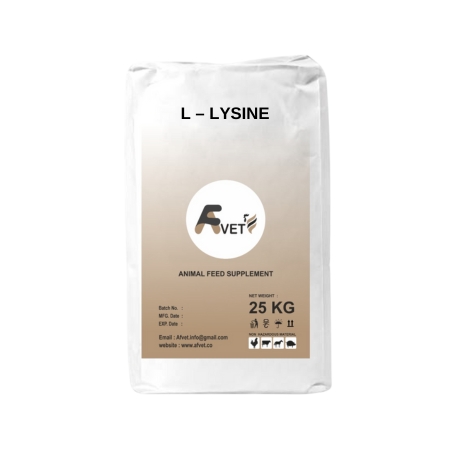
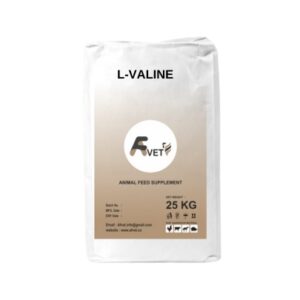
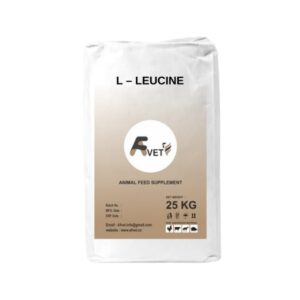
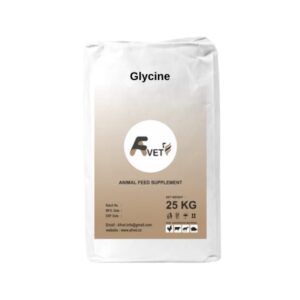
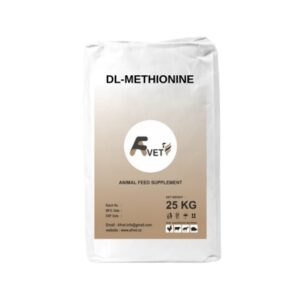
Reviews
There are no reviews yet.